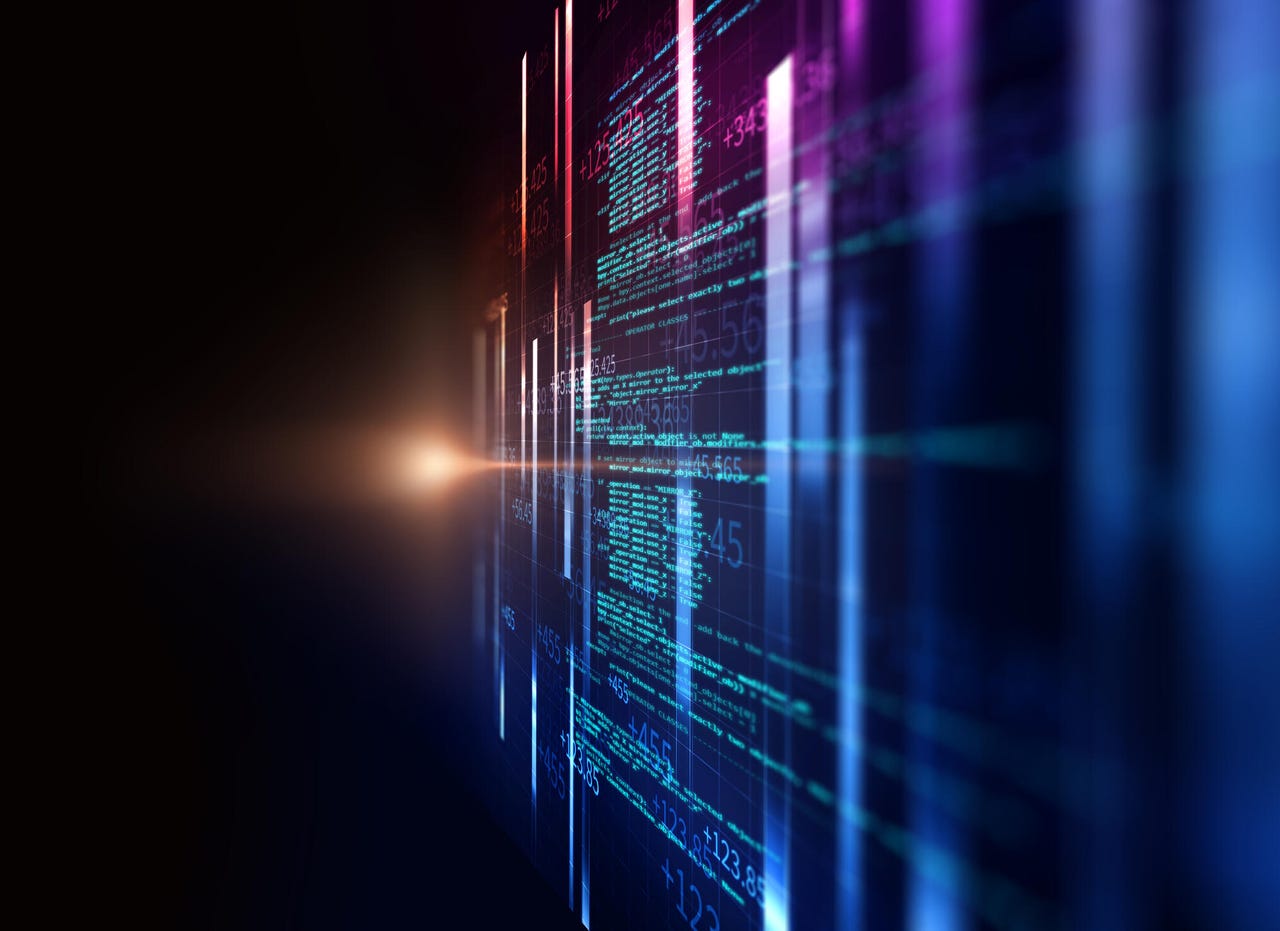The rise of artificial intelligence (AI) in software development has sparked intense debate about the future of software engineers. OpenAI’s latest innovation, A-SWE (Agentic Software Engineer), has raised questions about whether AI will replace human developers.
Sarah Friar, OpenAI’s CFO, recently proclaimed that A-SWE is not just augmenting current software engineers but is literally an agentic software engineer capable of building apps, performing quality assurance, bug testing, and documentation. This has led to mixed reactions from industry observers, ranging from guarded pessimism to pragmatism.
Expert Opinions on AI’s Impact
Some experts warn that software professionals should be concerned about their career prospects. “Software professionals ‘should be terrified,'” said Andy Thurai, technology strategist and former analyst with Constellation Research. “The good ones will survive. The bad ones will be gone.” Lori Schafer, CEO at Digital Wave, agreed that generative AI is redefining software development, predicting a shift from teams writing code line-by-line to leaner teams orchestrating AI-generated programs.
However, others argue that AI will augment rather than replace software development skills. Neil Sahota, AI advisor to the United Nations, stated that while A-SWE can write code, it doesn’t understand the ‘why’ behind it. Cassie Kozyrkov, former chief decision scientist at Google, emphasized that in high-stakes domains like security and healthcare, human software engineers will remain essential.
The Future of Software Development
John Callery-Coyne, co-founder of ReflexAI, highlighted that software engineering requires more than just coding skills, involving deep collaboration with stakeholders and nuanced understanding of product and user information. While AI agents have been successful in assisting programmers, they are not yet ready to work directly with customers or handle complex contexts.
As AI continues to evolve, it’s likely that software professionals will need to adapt to new roles. “Where performance matters, software engineering agents are unlikely to eliminate the work — they’ll just shift it from writing the code to explaining and reviewing it,” said Kozyrkov. The challenge will be to ensure that AI augmentation enhances productivity without replacing human judgment and expertise.



